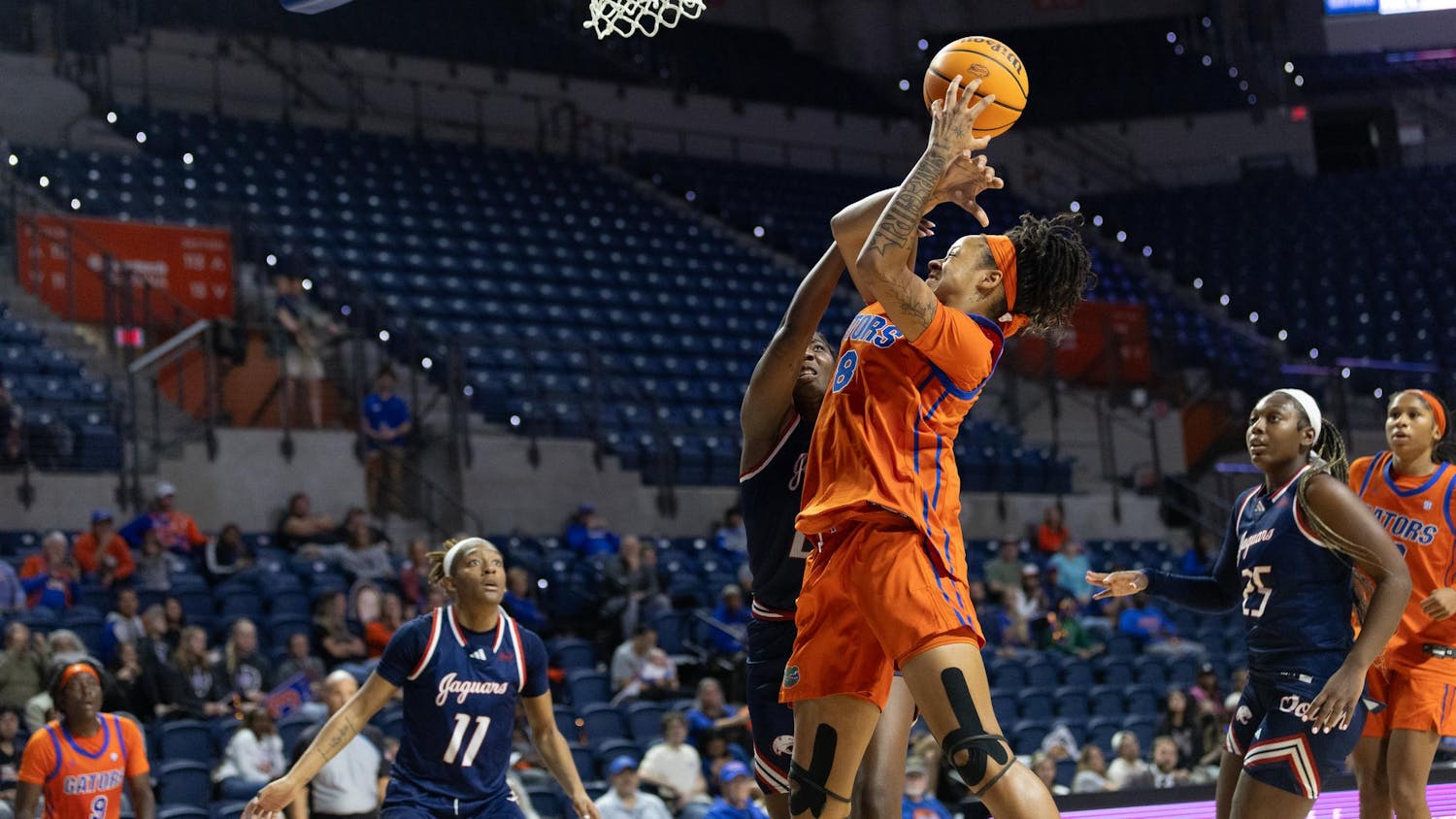The downfall of writing for the opinions section is that I only have so many accurate, or semi-accurate, opinions. There is a limit to the amount of truth I possess inside myself; the rest is pure inaccuracy. In light of this, I will nevertheless delve into politics head-first without a second thought about facts. After all, this is politics we’re talking about, the blank canvas we all feel entitled to throw our colorful opinions on. Who cares if the paint I throw looks like a 3-year-old’s attempt at drawing a pony?
That being said, I must preface my opinions with this: I am a Christian, and my faith informs my political leanings. That does not automatically make me a conservative or a liberal; in fact, I am often confused at American Christianity, particularly with its affection for conservatism. I’m not sure Christians, or really anybody, should wholeheartedly give him- or herself to one political party or school of thought. To do so neglects the fulsome social and political teachings of the Bible.
For example, Jesus — the figure everyone tries to use for their own agendas — held radically liberal views about generosity to the poor, the helpless and the outcasts, while simultaneously affirming conservative traditions such as the family, the sanctity of marriage and the importance of individual responsibility. And this pattern is not exclusive to Jesus alone: The Old Testament constantly chastises those who exploit the poor and marginalized (liberal), while also criticizing the poor person who chooses poverty due to his or her own laziness (conservative).
Maybe Jesus and the rest of Scripture knew something we mostly forget in our political beliefs: that not a single political policy, party or candidate carries the absolute truth. There are major flaws in each side’s core beliefs. For example, a trickle-down, conservative tax system widens the economic gap between the haves and have-nots; a tax-intensive liberal system hurts small businesses and consequently stifles the growth of the middle class, which is essential to the economy’s prosperity.
Conservatives often deify a past policy or era and seek to conform what “is” into what “was.” In doing so, they are forced to overlook the dark truth that not all of America can point to a certain time period with nostalgia. Liberals, on the other hand, see time as a natural progression from the worse to the better, from ignorance to knowledge. The liberal conscience assumes that today’s values are much more enlightened, much more morally sound, than those of our ancestors. Liberals read the literature of 200 years ago and cringe, ignorant to the fact that 200 years from now, people will be cringing at what we believe today.
It is a fallacy to build one’s political house on the popular opinions and values of the day, because by definition what is popular now will not be popular in 100 years. Humanity does not simply become better the longer we exist as a species; the 20th century is a testament to this.
But if neither the conservative agenda nor the liberal agenda is absolutely true, as so many of their adherents believe, then why just choose one? Why should anybody, in all cases of social, political and economic issues, latch on to one school of thought? I think it best that we pitch our political tents in the middle space between conservatism and liberalism. Some customs and policies have been proven throughout the human experience to be necessary and good: Families, marriage and a robust private sphere are some.
But some ideas of the past are just those — ideas of the past. It is our job to decide which of those ideas needs to be cast aside so we can create a better and more moral republic for today.
In short, I think it best to be neither a liberal nor a conservative in all circumstances. The truth is much more complex than simply being a Democrat or a Republican.
Scott Stinson is a UF English and philosophy sophomore. His column usually appears on Tuesdays.





